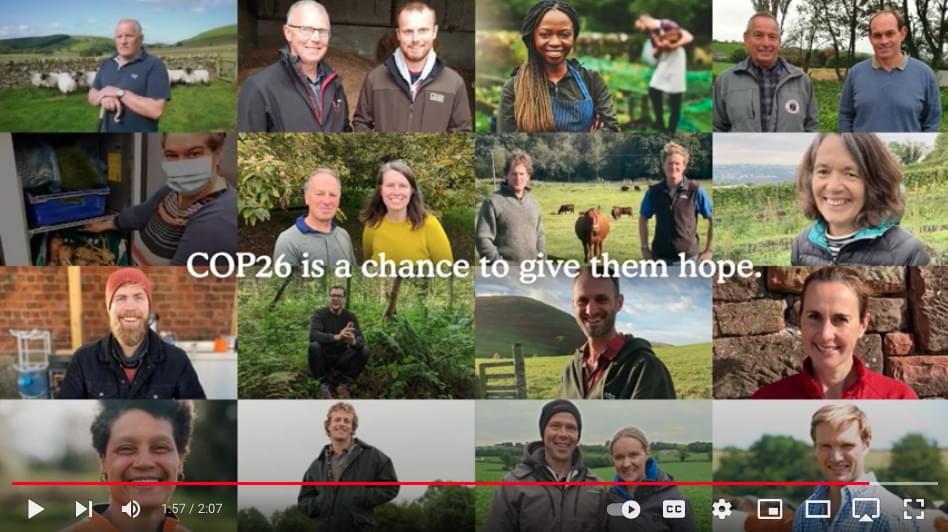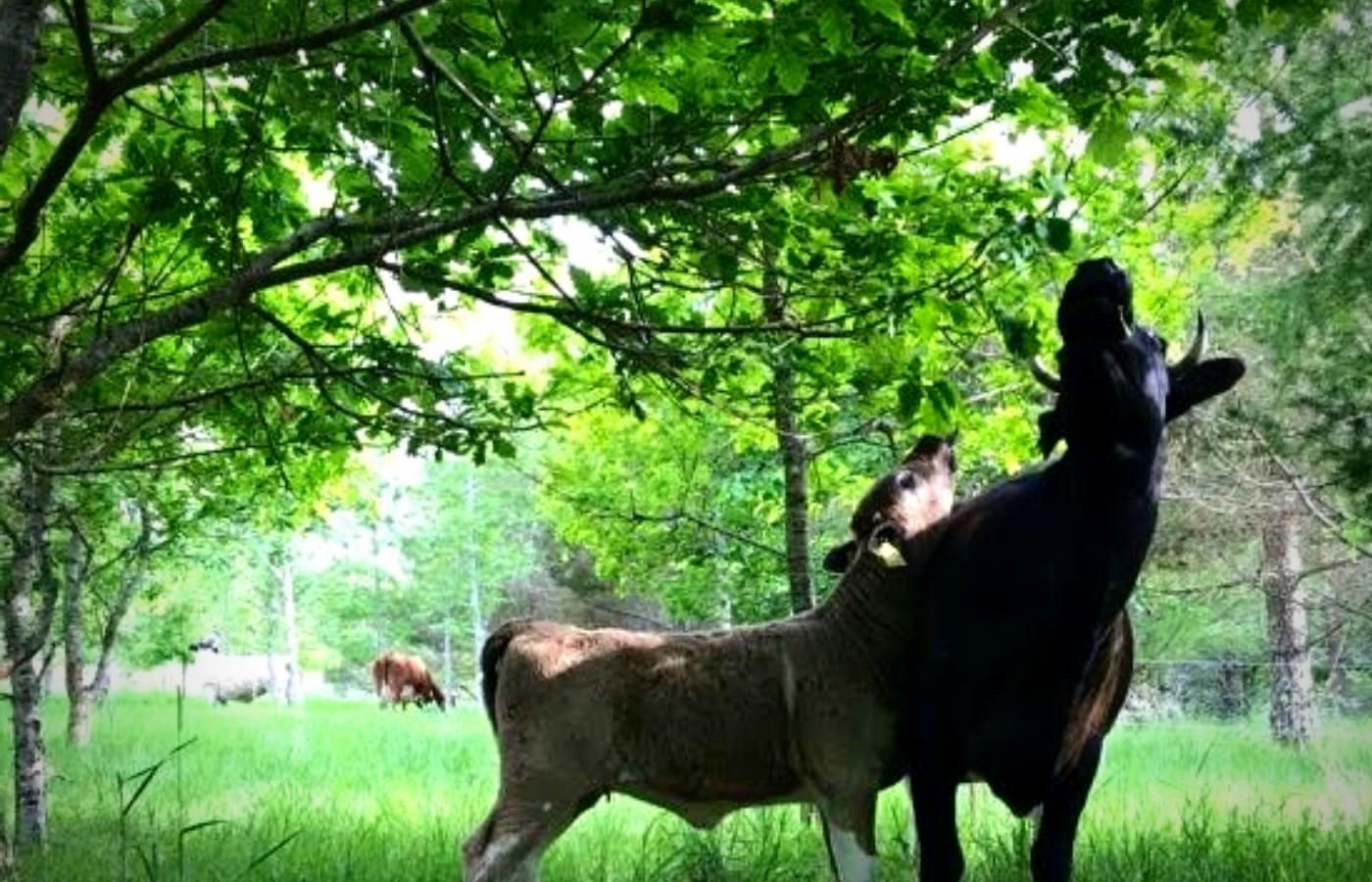

One of the simplest solutions to the multiple challenges we face is right beneath our feet.
Land is the silent partner in the climate debate. If 1.5C is to stay within our sights, the UK must focus on scaling up the work of citizens and communities to harness land and natural systems to fix food, and in turn fix the planet.
We have seen this in action during our Land Unlocked UK tour and these practical steps are underpinned by the latest Farming for Change research - showing the huge potential of a broader pathway and a course that works for all.
Across the UK, citizens are taking action, moving to regenerative farming practices, re-localising their supply chains and working with their communities to adapt to the climate and nature crises. Follow #LandUnlockedTour and see where we've been.

There are clear, 'no regrets' actions that governments can take to scale up the work of citizens and communities, at pace, for a better future.

Support a transition to agroecology
Agroecology is a science and a practice for improving food and farming systems, which supports regenerative farming, builds resilient businesses, puts people - farmers, food producers, citizens – at the heart of solutions and enables one patch of land to provide multiple benefits.



Aligning public and private finance
The market alone may not be capable of making the bold, fair and transformative moves, away from the old, extractive and inequitable industries and towards more just and sustainable economy. Governments acknowledge this, having kickstarted transitions to cleaner energy, housing and transport in the past. Now, the same shift is needed in agriculture, to help farmers and growers move rapidly towards more regenerative practices, backed by patient and purposeful finance, with government policies that set out clear ambition and direction for the sector.

The climate is already changing. Communities need the tools and resources to adapt, and shape the locally-led actions that work best for them.
With the right approaches and resources, local community knowledge can help create networks and plans which support a thriving local food and farming system, led by agroecological principles.



